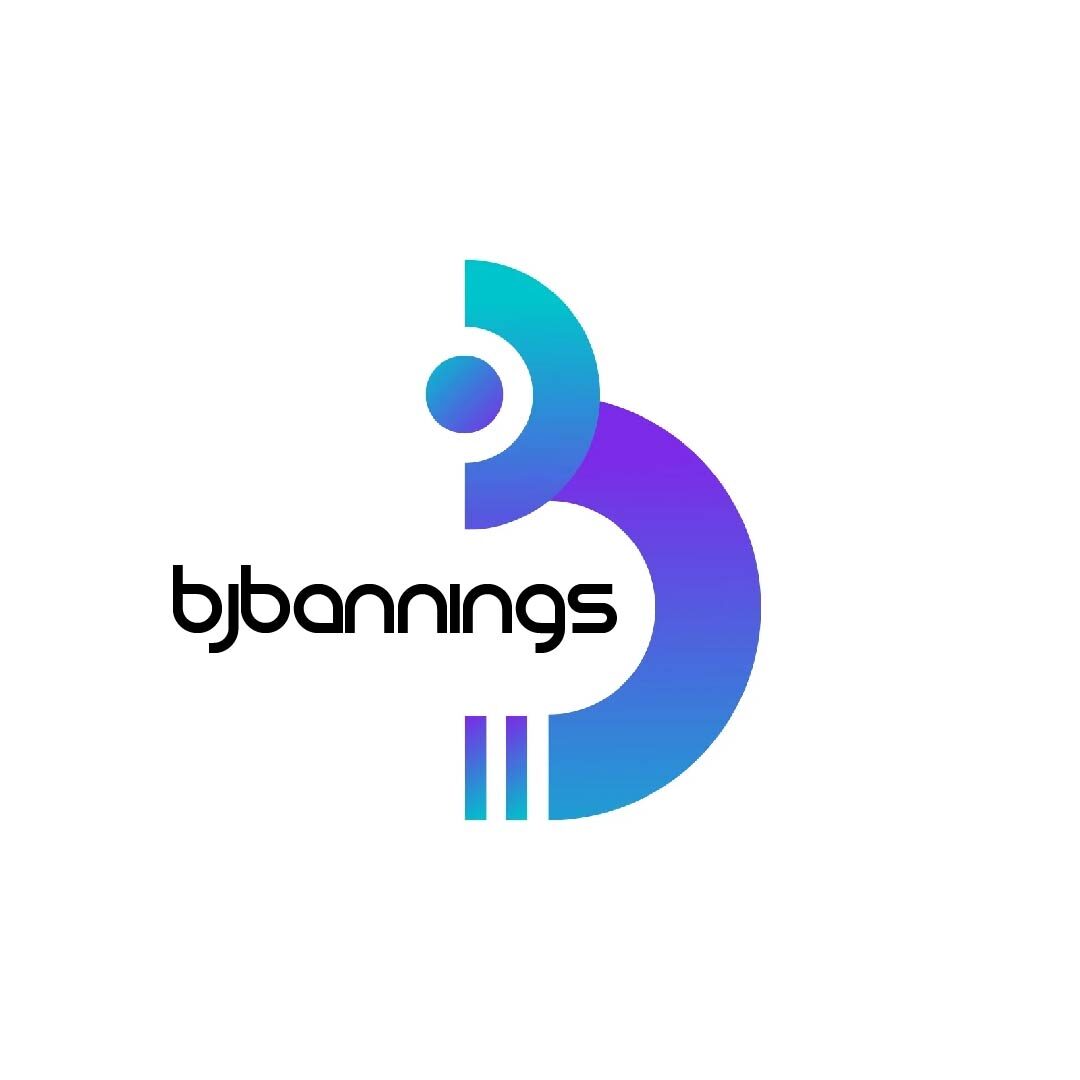Redefining Learning: The Future of Modern Education
Education stands as one of the most vital pillars of human development, shaping individuals and societies alike. Over time, the concept and practice of education have undergone profound changes, adapting to new discoveries, technologies, and cultural shifts. Today, education is no longer confined to traditional classrooms or textbooks; it has expanded into a dynamic, multifaceted process that prepares people not just for jobs but for lifelong growth and adaptability.
The foundation of education lies in the transfer of knowledge, skills, and values from one generation to the next. Historically, education was often limited to specific groups or classes, but the modern view embraces inclusivity and accessibility as fundamental rights. Schools, colleges, and universities serve as formal institutions where structured learning takes place, but education also happens outside these walls through informal and non-formal channels like online courses, community programs, and self-directed study.
One of the most significant shifts in education today is the integration of technology. Digital tools and the internet have revolutionized the way knowledge is delivered and absorbed. Virtual classrooms, e-learning platforms, and educational apps allow students to access resources and participate in lessons regardless of location. This digital transformation has made learning more personalized, interactive, and flexible, accommodating different learning styles and paces. It has also opened doors for lifelong education, enabling people of all ages to acquire new skills or deepen their understanding in various fields.
However, technology in education is not merely about convenience. It has the potential to bridge gaps in quality and access, especially in underserved regions where traditional educational infrastructure may be lacking. Through remote learning and digital content, students can connect with expert teachers and educational materials that might otherwise be out of reach. This democratization of education holds the promise of reducing inequalities and fostering global knowledge exchange.
Beyond technology, modern education emphasizes critical thinking, creativity, and problem-solving over rote memorization. In a rapidly changing world, students must develop the ability to analyze information, adapt to new situations, and innovate. Curriculums are increasingly designed to encourage exploration, collaboration, and practical application of knowledge. Project-based learning, interdisciplinary studies, and experiential education are growing trends that help students engage deeply with subjects and develop skills relevant to real-world challenges.
Teachers continue to play a crucial role in this evolving educational landscape. While technology provides tools and resources, educators guide, motivate, and inspire students. Effective teaching involves understanding individual learners’ needs, fostering curiosity, and creating environments where students feel safe to express ideas and make mistakes. Professional development for educators has become essential, equipping them with strategies to integrate new methodologies and technologies effectively.
Education also extends beyond academic knowledge to include social and emotional learning. Developing empathy, communication skills, resilience, and ethical reasoning is increasingly recognized as essential for personal and community well-being. Schools are incorporating programs that support mental health, inclusivity, and cultural awareness, helping students become well-rounded individuals capable of contributing positively to society.
In recent years, alternative models of education have gained attention. Homeschooling, unschooling, and experiential learning outside traditional institutions offer diverse pathways tailored to different learners’ needs. These approaches challenge the conventional one-size-fits-all system, advocating for education that respects individual passions, learning rhythms, and life circumstances. The flexibility and personalization they provide highlight the growing awareness that education is not a linear process but a lifelong journey.
Higher education faces its own set of transformations. With rising tuition costs and questions about the relevance of some degree programs, universities are exploring new formats and partnerships with industries. Skills-based training, internships, and collaborative research projects are becoming integral parts of higher education, bridging the gap between academic theory and practical application. Moreover, the global nature of knowledge exchange https://myrepaircloud.com/ encourages international collaboration and multicultural learning experiences, preparing students to thrive in interconnected societies.
The role of education in societal progress cannot be overstated. Educated populations tend to enjoy better health, economic opportunities, and civic participation. Education fosters innovation, critical awareness, and cultural enrichment, contributing to social cohesion and democratic values. As the world confronts complex challenges like climate change, technological disruption, and social inequality, education equips individuals with the tools to understand and address these issues.
Despite its importance, education systems worldwide still face challenges. Inequities in access, quality disparities, outdated curriculums, and resource constraints hinder many from realizing their full potential. Efforts to reform education must consider diverse cultural contexts and prioritize inclusivity, quality teaching, and relevant content. Policymakers, educators, parents, and communities must collaborate to create environments where every learner can succeed.
Education remains a powerful force for transformation, adapting continuously to the needs of changing times. It is no longer just about acquiring facts but about nurturing curiosity, resilience, and a lifelong passion for learning. By embracing innovation, inclusivity, and holistic development, education can prepare individuals not only to face the future but to shape it positively.
